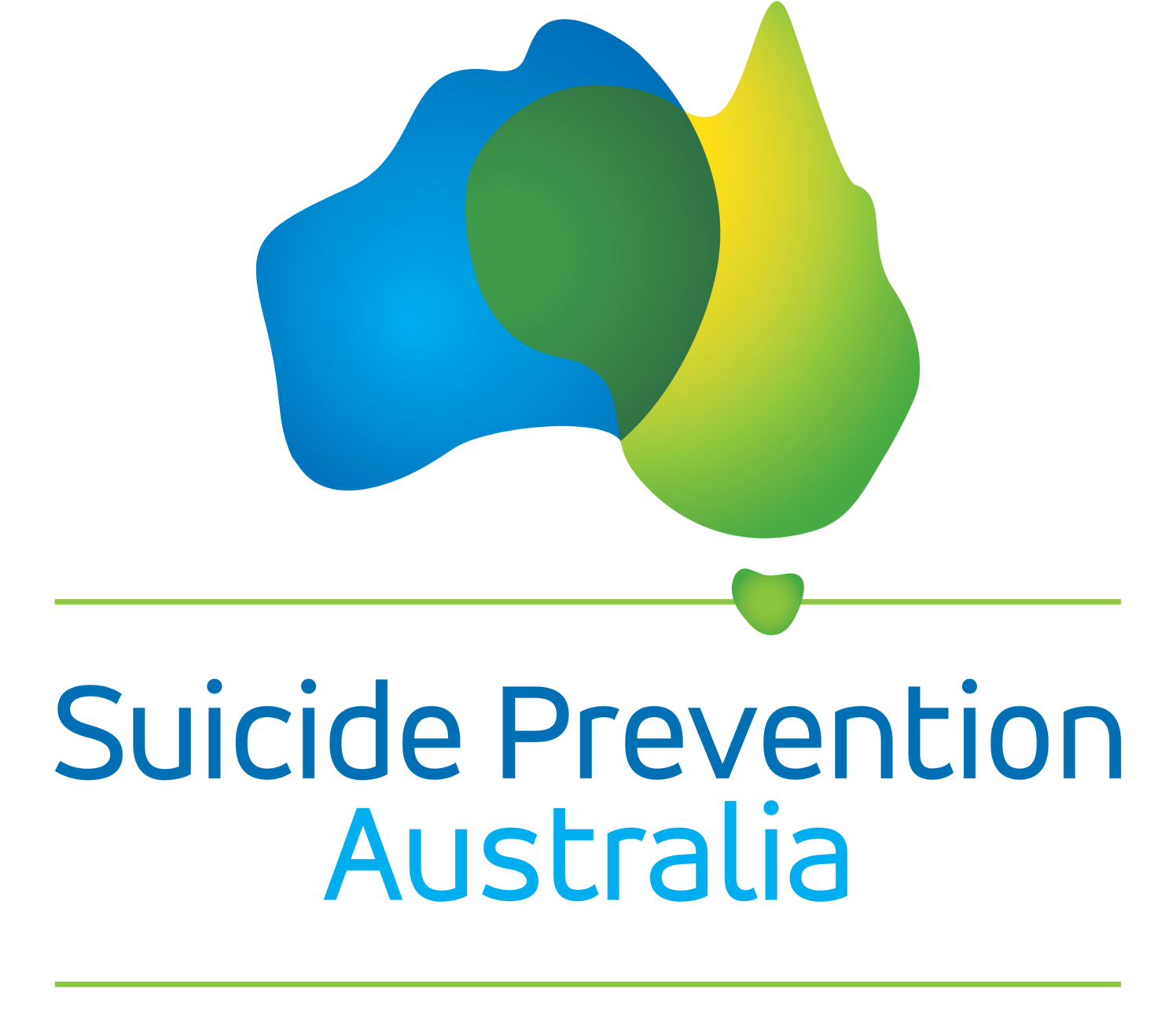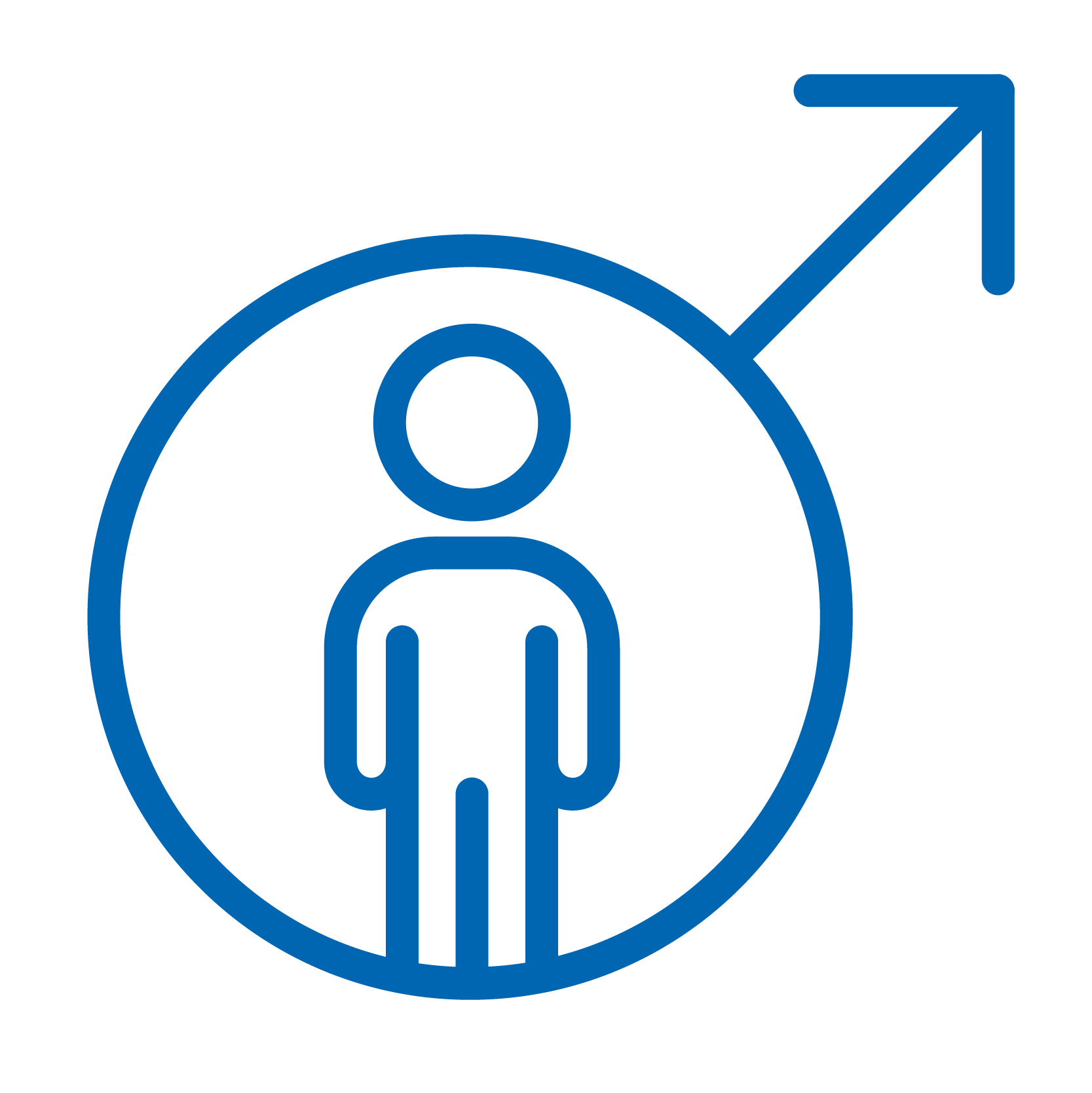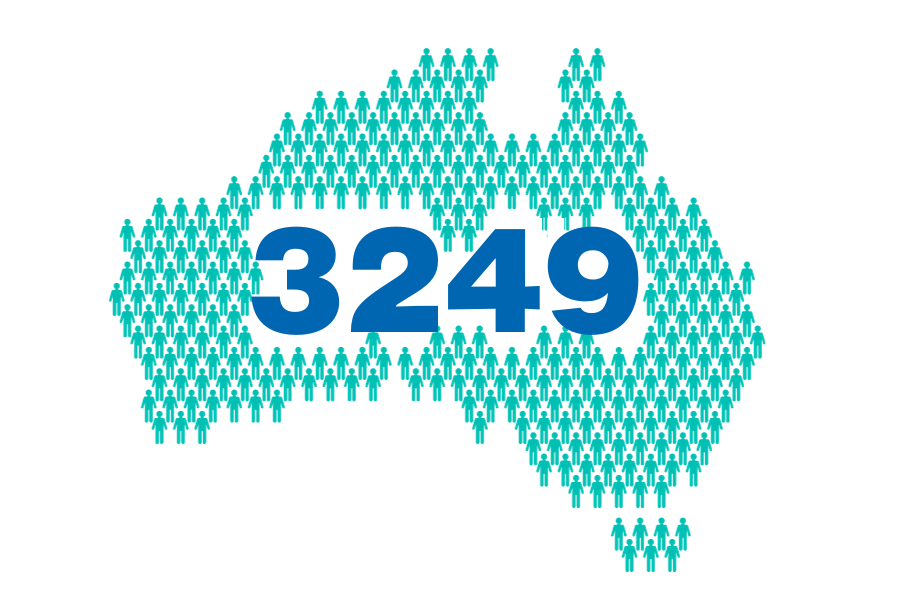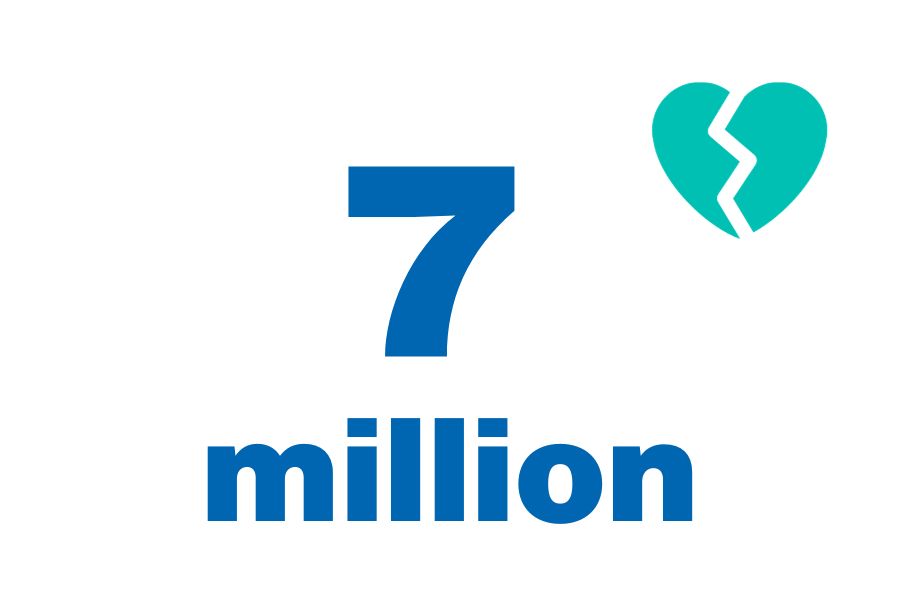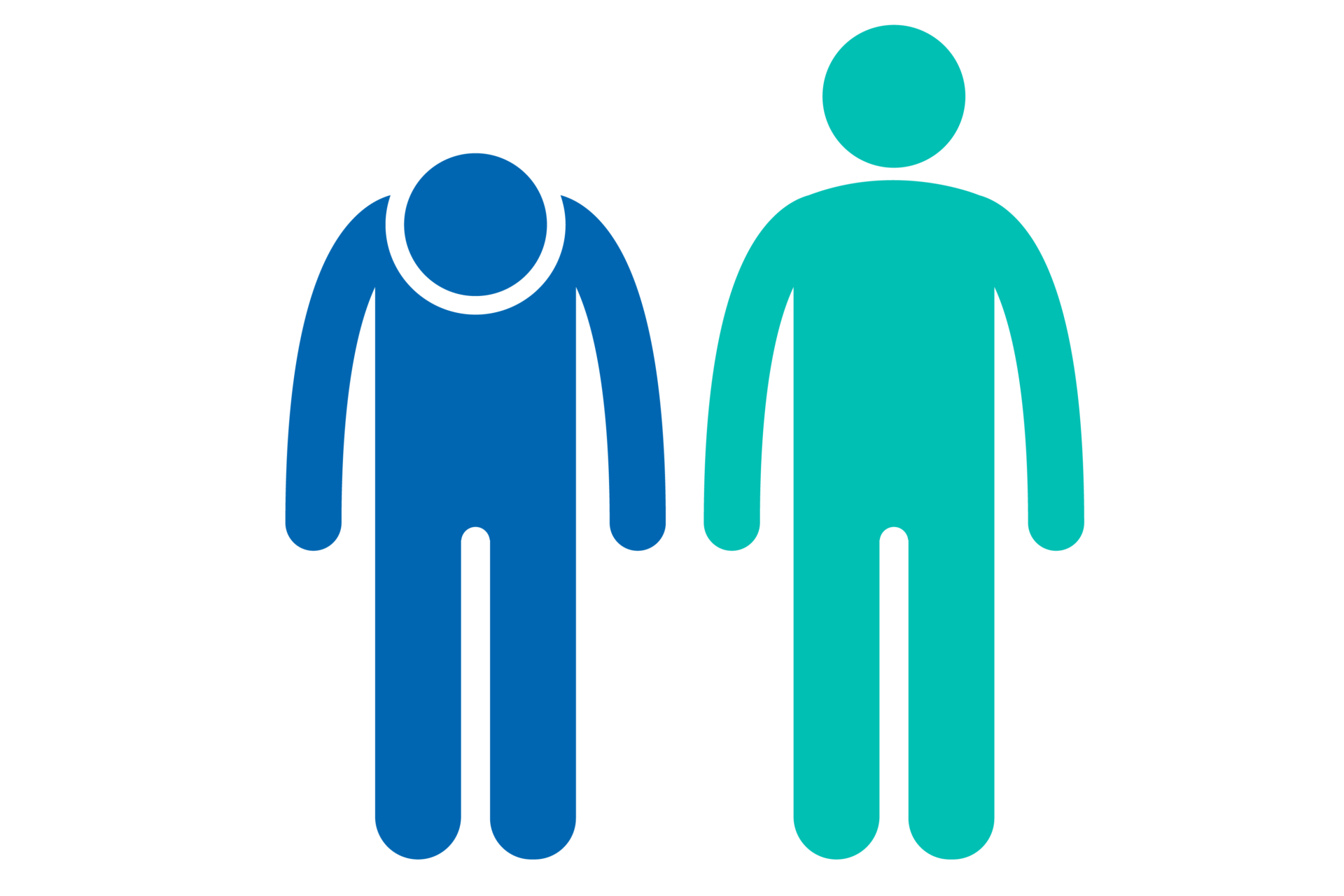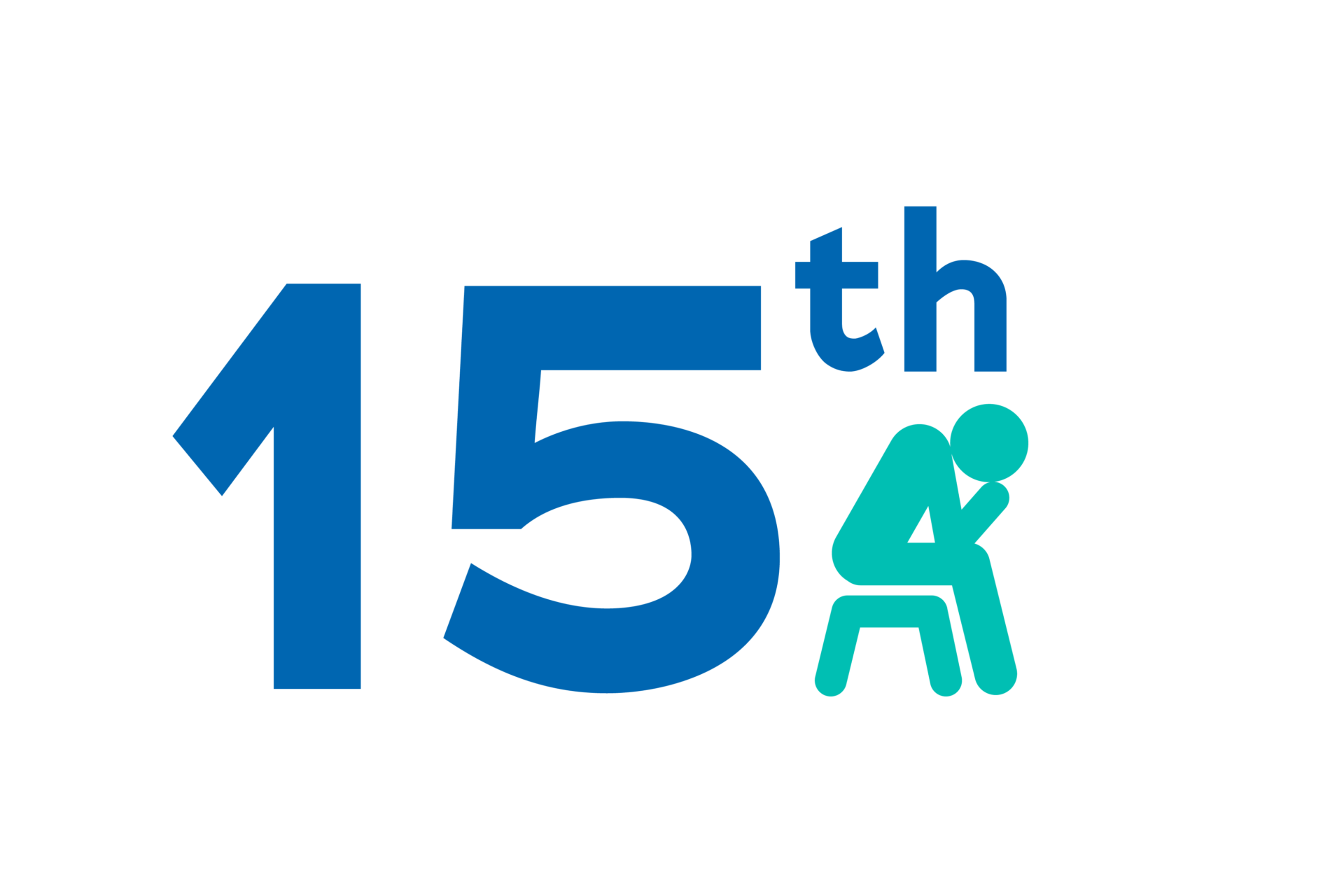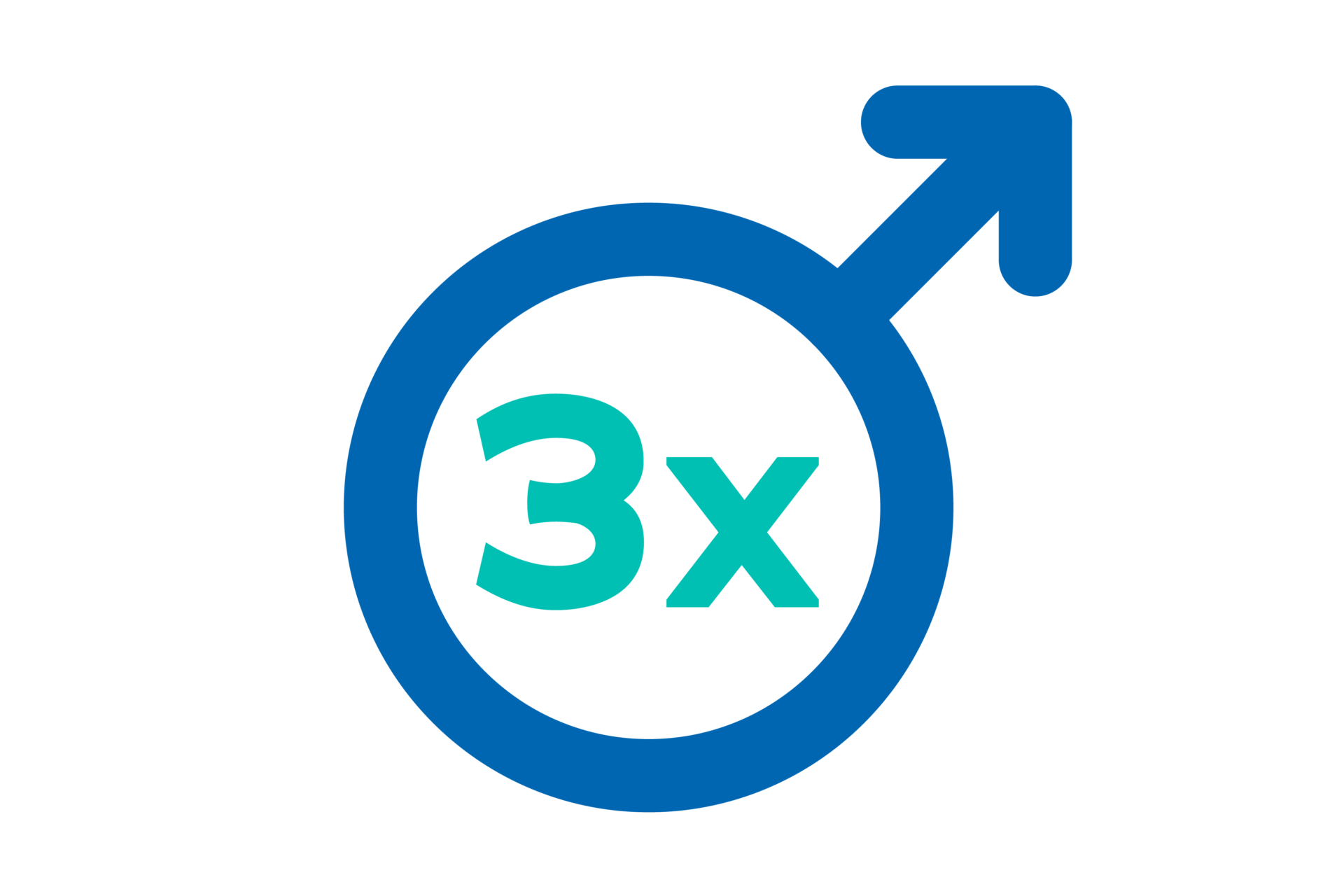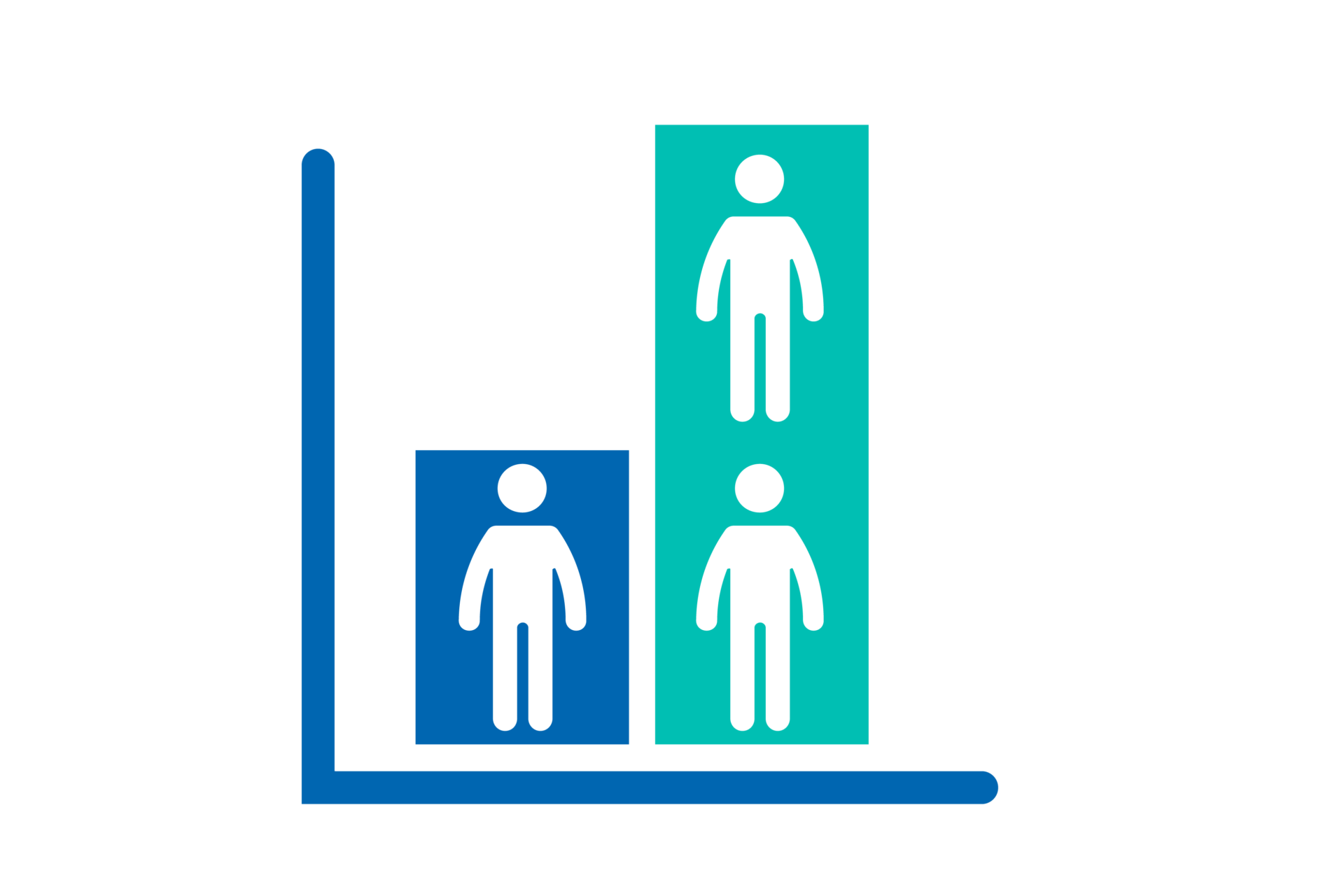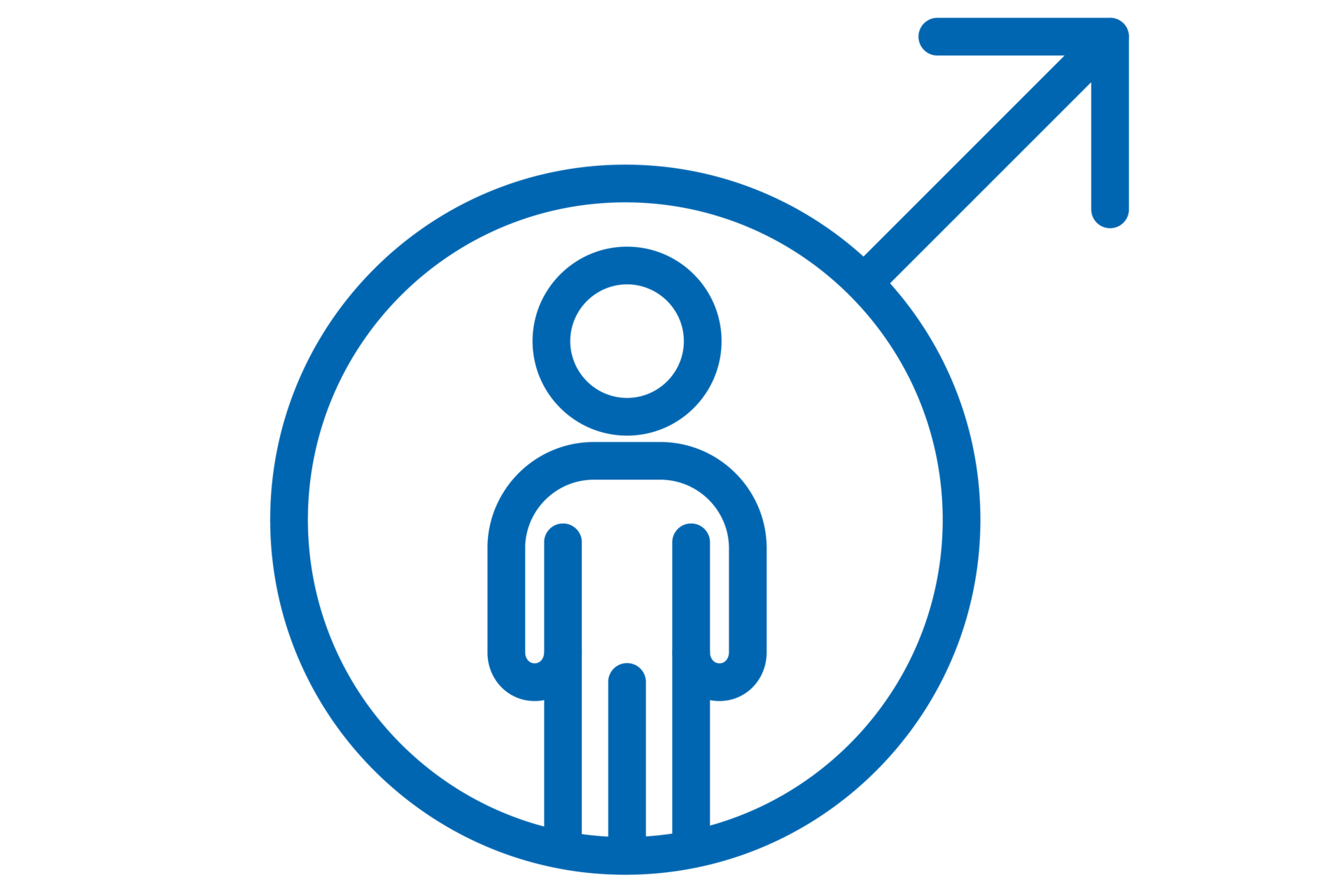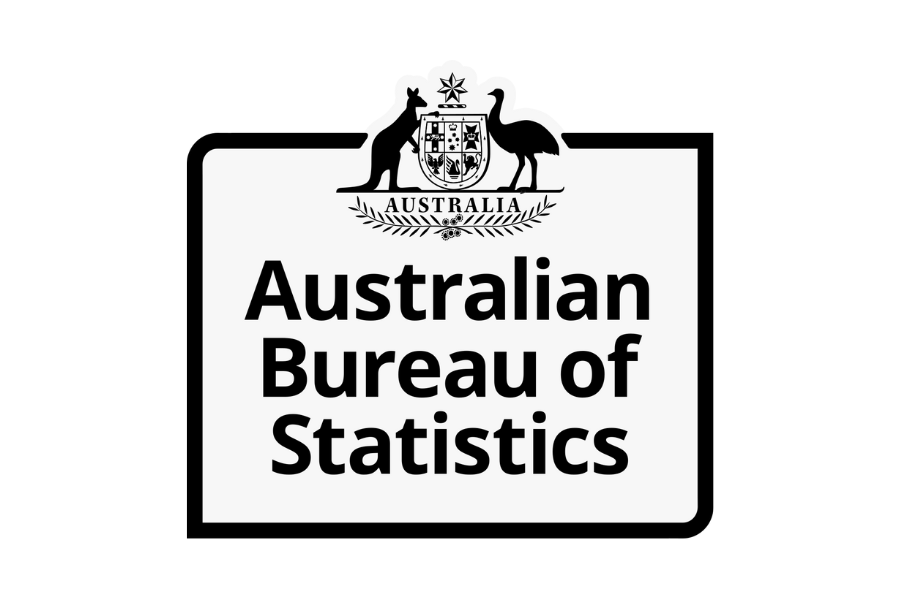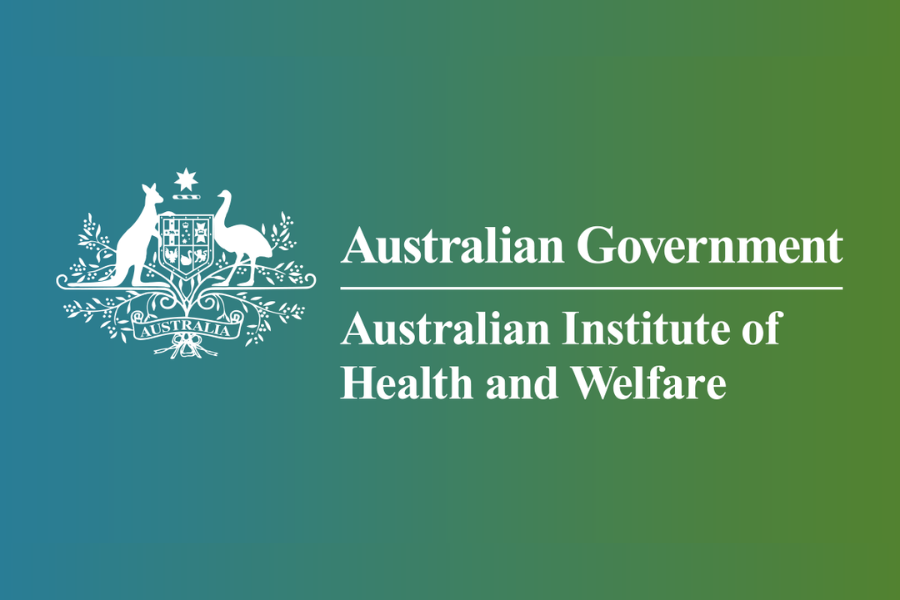We can never underestimate the impact that every life lost to suicide has on family, friends, workplaces and the broader community. Over 10 million Australian adults are estimated to know someone who has died by suicide, and 1 in 2 young people are impacted by suicide by the time they turn 25. The latest Australian Bureau of Statistics (ABS) data shows that around 9 lives are lost per day to suicide.
These statistics are based on 2020 data which was released by the ABS on 29 September 2021.
- 3,139 Australians died by suicide in 2020, which represents an age-standardised suicide death rate of 12.1 per 100,000 people.
- This is a decrease of around 6.6% compared with the 12.9 age-standardised suicide death rate reported for 2019.
- However, over the previous ten years the age-standardised suicide death rate per 100,000 people has increased from 10.5 in 2011 to 12.1 in 2020, an increase of 15.2%.
- Suicide was the 15th most common cause of death overall (down from 13th in 2019), accounting for 1.9% of deaths.
- The median age of death by suicide was 43.5 years, compared to 81.7 years for all causes of death. Because suicide frequently occurs at a younger age than other causes of death the potential years of life lost are high. As in in previous years, in 2020 suicide was the cause of death resulting in the highest number of potential years of life lost: 109,525 years. This was more than half again (57.7%) as many years higher as the next most significant cause.
Young People
- In 2020, 454 young people aged 15-24 died by suicide, representing 21.2 deaths by suicide per 100,000 people. Over one-third of deaths in 15-24 year olds are due to suicide.
- Suicide was the most common cause of death for adults aged 15-44, with 1,612 deaths by suicide in this group.
Men
- Consistent with previous years, males are around three times more likely to die by suicide than females. Males accounted for 75.9% of deaths by suicide (2,384 deaths), this represents an age-standardised suicide death rate of 18.6 per 100,000 people (compared with a rate of 5.8 for females).
- Men aged over 85 are particularly impacted with 36.2 deaths by suicide per 100,000.
Aboriginal and Torres Strait Islander People
- In 2020 there were 223 Aboriginal and Torres Strait Islander people who died by suicide.
- The median age of death by suicide of Aboriginal and Torres Strait Islander people was 31.3 years, more than a decade younger than the median age of death by suicide for the general population of 43.5 years.
Region
- When looking at State and Territory data, NT had the highest age-standardised rate of deaths by suicide at 20 per 100,000.
- All states except Northern Territory and the Australian Capital Territory had decreases in the number of suicides between 2019 and 2020.
- Age-standardised rates of death by suicide were higher in regional Australia: 15.7 deaths per 100,000 outside capital cities, compared with 10.3 deaths per 100,000 in capital cities.
- The largest difference was in Western Australia with an age-standardised death by suicide rate of 12.7 per 100,000 in Greater Perth, compared with 20.8 per 100,000 in the rest of the state.
Risk Factors
- In 2020, over 90% of people who died by suicide had at least one risk factor reported. Both mental and behavioural disorders and psychosocial risk factors were present in over two-thirds of deaths of people who died by suicide. People who died by suicide had an average of 3-4 risk factors mentioned.
- The proportion of suicide deaths recording at least one psychosocial risk factor was 67.1%.
- The three most frequently occurring psychosocial risk factors for men were: a personal history of self-harm (19.5% of deaths by suicide), disruption of family by separation and divorce (14%), and problems in relationship with spouse or partner (11.8%).
- The three most frequently occurring psychosocial risk factors for women were: a personal history of self-harm (32.8% of deaths by suicide), problems in relationship with spouse or partner (10.9%), and disappearance or death of family member (9.7).
Other Statistics
- 65,000 suicide attempts each year (est.)
- It is estimated that more than 500,000 Australians have attempted suicide at some time in their life.
Further information: Australian Bureau of Statistics (ABS)
